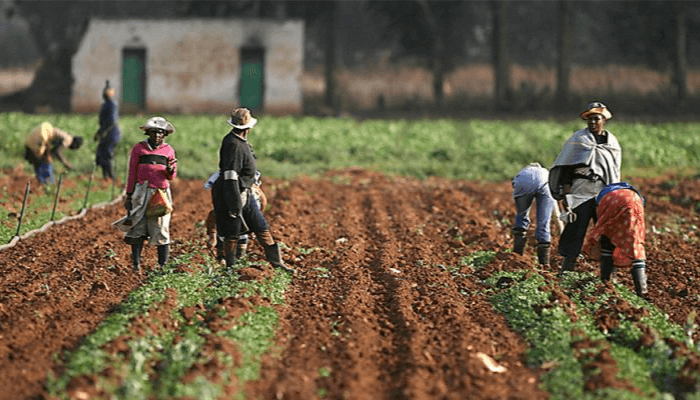
Charles Muchoki | Africa Guardian
The African Union (AU) has unveiled a 10-year strategy aimed at revolutionizing agriculture across Africa. The Comprehensive Africa Agriculture Development Programme (CAADP) Strategy and Action Plan (2026-2035) was introduced during a summit held in Kampala, Uganda, bringing together Ministers of Agriculture and Ministers of Foreign Affairs.
The strategy seeks to address long-standing challenges such as underinvestment, outdated farming practices, and inadequate infrastructure, while tackling emerging threats like climate change and economic instability.
Jessica Alupo, Uganda’s Vice President, underscored agriculture’s pivotal role in Africa’s economic growth. “Agriculture remains the backbone of nearly all African economies,” she stated, urging leaders to adopt a value-chain approach and focus on key barriers, including insufficient investment, lack of infrastructure, and reliance on outdated methods.
Alupo highlighted specific challenges hindering agricultural growth, including limited public-sector funding, the impact of climate change, and the high cost and scarcity of quality inputs like fertilizers and seeds. She also emphasized the underutilization of arable land and the low engagement of Africa’s youth in agriculture.
Another critical issue raised was Africa’s $100 billion annual food import bill, which Alupo described as a significant concern. “Despite the challenges faced globally, Africa still has the capacity to produce, thanks to its untapped land and favorable weather conditions,” she noted, stressing the need for improved irrigation and increased use of modern farming catalysts.
Estherine Fotabong, Director of Agriculture, Food Security, and Environmental Sustainability at AUDA-NEPAD, outlined the new strategy’s vision. She described the plan as a collaborative and Africa-driven roadmap aimed at building sustainable and inclusive food systems.
Reflecting on two decades of CAADP implementation, Fotabong acknowledged progress since the 2003 Maputo Declaration but noted that the Malabo Declaration goals remain unachieved. “The four Biennial Reports confirm that we are not on track to meet the targets set under the Malabo Declaration,” she said.
The new strategy emphasizes a holistic food systems approach, focusing on agro-processing, post-harvest activities, and resilience against climate shocks to build a stronger agricultural future for the continent.
___
